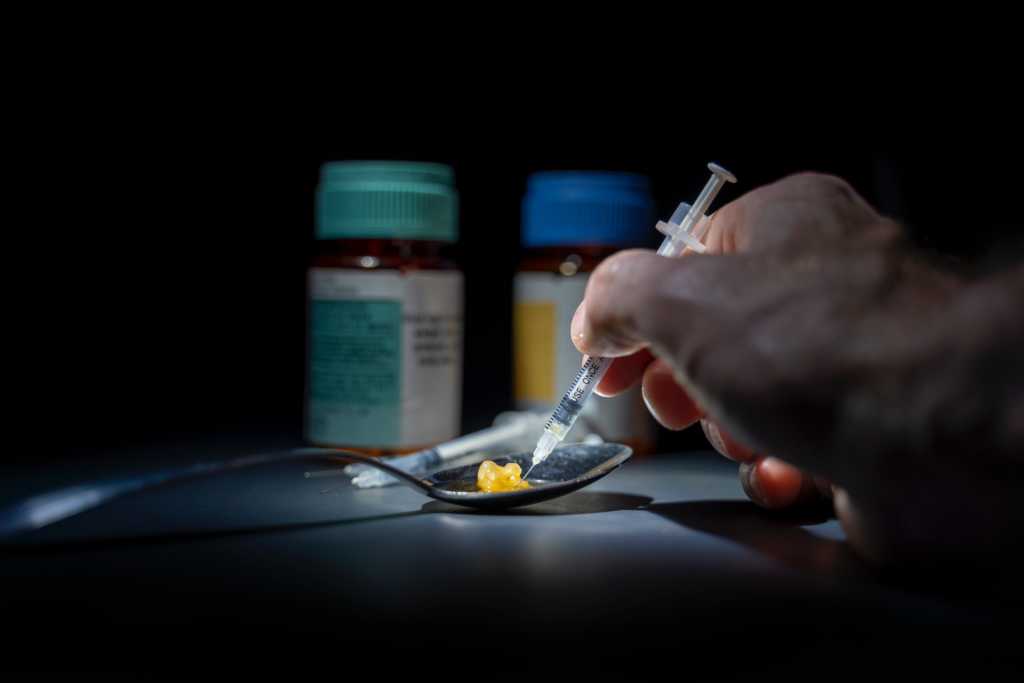By Andrea Morris
A new Netflix series is documenting how one man took on the investigation into his son’s death and the opioid epidemic in Louisiana.
The four-part documentary called “The Pharmacist” illustrates how grief can initiate anyone into action.
The series focuses on Dan Schneider, a Christian pharmacist in St. Bernard’s Parish near New Orleans’ Lower Ninth Ward, The Christian Post reports.
Schneider’s son, Danny Jr., was gunned down in 1999 during a drug deal.
“My son was murdered buying crack. The police have the attitude that these kids maybe got what they deserved,” Schneider said. “I was determined to get the killer off the street and if the police weren’t going to do it…I was going to do it.”
The series begins with Schneider taking time off from work to start his own investigation. Because of his research and pursuit of justice, the killer was caught and sentenced to prison for the crime.
After returning to work, Schneider noticed an influx of young adults with potent prescriptions for painkillers – mostly prescribed from Dr. Jacqueline Cleggett.
“At first my mission was to get justice for my son but then I started to notice in the drug store that a lot of kids around my son’s age were coming in with high-powered opioid prescriptions for Oxycontin,” he said. “There was a certain doctor using her license to virtually decimate my community – I couldn’t look the other way.”
Schneider was witnessing the beginning of the nation’s opioid outbreak in his own neighborhood.
“I saw this opioid epidemic in its infancy. I’m not going to let this drug continue to kill. I was kind of on a mission. I had promised God that if he helped me solve my son’s murder and nobody would get hurt, I would go on a mission,” Schneider said.
Schneider informed the Federal Bureau of Investigation (FBI) and the Drug Enforcement Agency (DEA) about his concern with Cleggett.
But he received little information from either office about what the government was doing to investigate the situation. With the help of a former patient of Cleggett’s, Schneider launched his own investigation.
Cleggett was selling prescriptions for cash and would see more than 70 patients per day on average, according to a DEA investigator interviewed for the documentary.
Cleggett’s business was described as a “pill mill,” a phrase used to describe physicians who open clinics to sell prescriptions for OxyContin, Soma and Xanax.
Further investigation revealed that Cleggett had prescribed nearly 180,000 OxyContin pills in just one year through 10 pharmacies.
Eventually, her operation was shut down, but there were more than 60 other pain clinics in New Orleans. And fatal overdoses had doubled in St. Bernard Parish.
Schneider said he believes that God wanted him to shut down Cleggett, but more measures needed to be taken to end the opioid epidemic.
“I felt God wanted me to do something beyond Cleggett. I not only wanted to change St. Bernard, but I also wanted to change the country,” he said.
He continued to push legislators into doing something to combat the opioid crisis. Schneider supported a prescription monitoring program, making it easier to prosecute doctors.
Schneider admits he wasn’t aware that his son was suffering from addiction. He hopes the series will help start a conversation with parents and their kids.
“I had no idea prior to that, that he was doing crack,” Schneider said. “In hindsight, there were some things I missed, and I would like to get that to some parents out there.”
“The Pharmacist” is currently available for streaming on Netflix.



